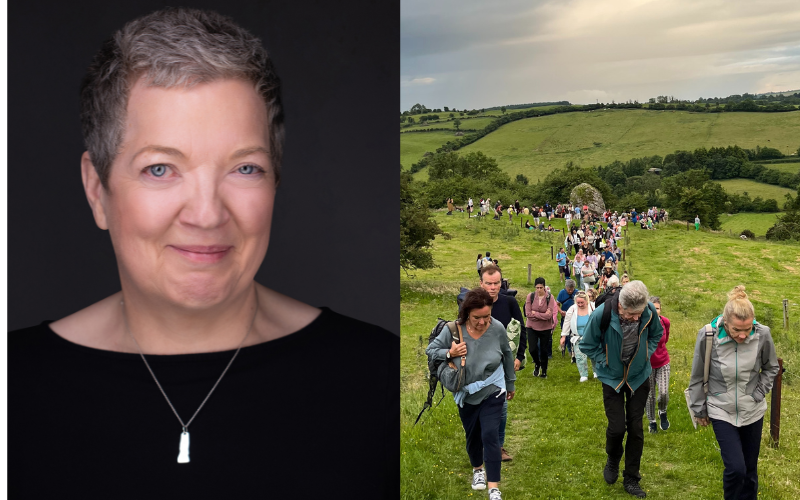Disco Pigs
By Enda Walsh
1st Irish Theater Festival
Theater,
New York
IT'S an age-old story - boy meets girl, they fall in love, the girl has second thoughts and the boy takes it out on his unsuspecting community. In Enda Walsh's Disco Pigs the community in question is Cork city, and the retribution is swift and deadly.
First performed over 10 years ago in Ireland where it quickly became a cult hit on the Irish theater scene, Disco Pigs has just been revived in time for the 1st Irish Theater Festival in New York, and it's hard to image a more polished performance of this disturbing, memorable play.
Solas Nua (which means "new light" in Irish) is the name of the theater company behind this impressive production. Based in Washington, D.C., the group was established in 2004 by Dubliner and Trinity College graduate Linda Murray and D.C. native Dan Brick, and they've dedicated themselves to the admirably ambitious task of only staging plays by contemporary Irish playwrights.
Sometimes - not very often - the right director, writer and actors come together to produce a show that plays to all of their individual strengths. Murray and Brick both have extensive backgrounds in theater and dance, as do their cast, which is evident from the intensely physical performances they deliver.
In the roles of Pig and Runt, the pet names the 17-year-old boy and girl protagonists have given each other, actors Rex Daugherty and Madeleine Carr are in total command of their material from the moment they appear on stage.
Walsh made the risky choice of inventing a strange, guttural language for the two young lovers to speak, a made-up blend of the Cork vernacular and the language of the nursery, salted with lively Irish profanities.
In performance Walsh's script often sounds like middle English - and for most American audience members it was probably about as comprehensible - not that it really mattered. The actors and directors tell the tale through gesture and physical performance, and so not a moment is missed.
From the beginning we understand that the increasingly unhealthy bond between the two characters amounts to a kind of hero worship, and we have an inkling of what might happen if either ever stop believing in it.
Daugherty, who plays Pig, is a skilled actor who gives rich humanity to his laughably wrongheaded character. But his too-short fuse is ever present, and he alternates between fighting, flirting and fury with frightening ease.
In the role of his lover and best friend Runt, Carr finds all the pathos hidden beneath the ultimate co-dependency role. We soon discover that Pig is all that Runt has ever known, and to her surprise and sorrow the thrill is starting to fade.
What's remarkable about this production is that neither actor ever get ahead of their increasingly one dimensional roles, and they never comment on them either; instead they mine each role for its reality. Walsh's script is an adept little shocker, and his gift for dramatic momentum never flags as the play hurtles toward its predictably violent conclusion.
The choice between freedom and dependency, between the past and the future, between home and the beckoning horizon, eventually shatter all the tight bonds that have developed between Pig and Runt. In the aftermath of their painful separation Pig's confusion and heartbreak are matched only by Runt's anger and hope for a new life to come. Walsh's play is believably brutal in the cost he outlines to both characters.
Lynly A. Saunder's costume design merits a special mention. Her subtle choices help to anchor the two characters and underline how they've come to depend on each other.
Equally, Marianne Meadows' lighting design gives the play a punchy contemporary feel very much in keeping with Solas Nua's artistic goals.
Although Disco Pigs demands a great deal from the actors and directors, it's safe to say the plays met its match. The 1st Irish Theater Festival couldn't ask for a more accomplished production or company. Watch them collect accolades, and remember their names.
For a full list of the plays and performace schedules of the 1st Irish Theater Festival at the Theaters call 212-279-4200 or visit 1stIrish.org.




Comments